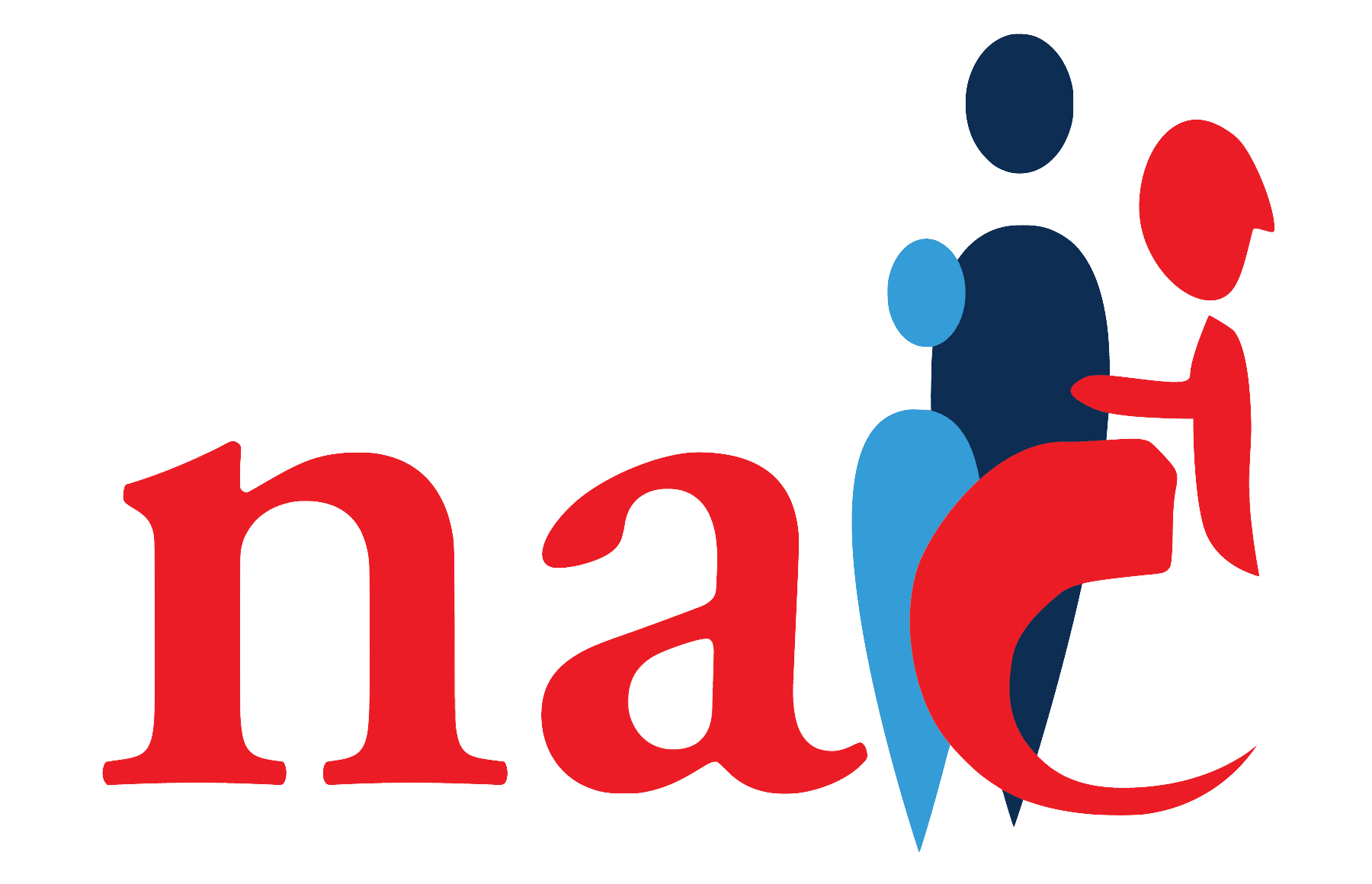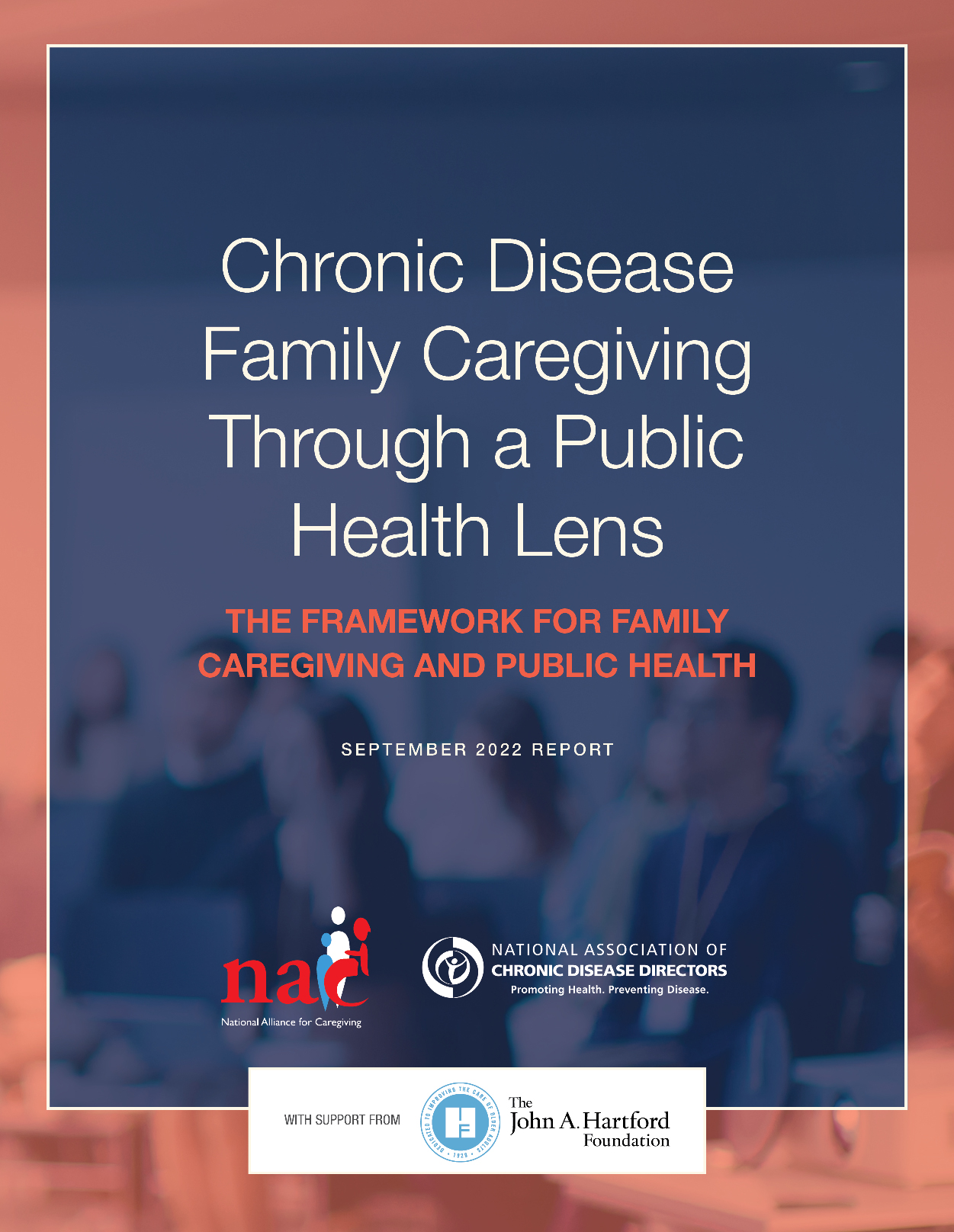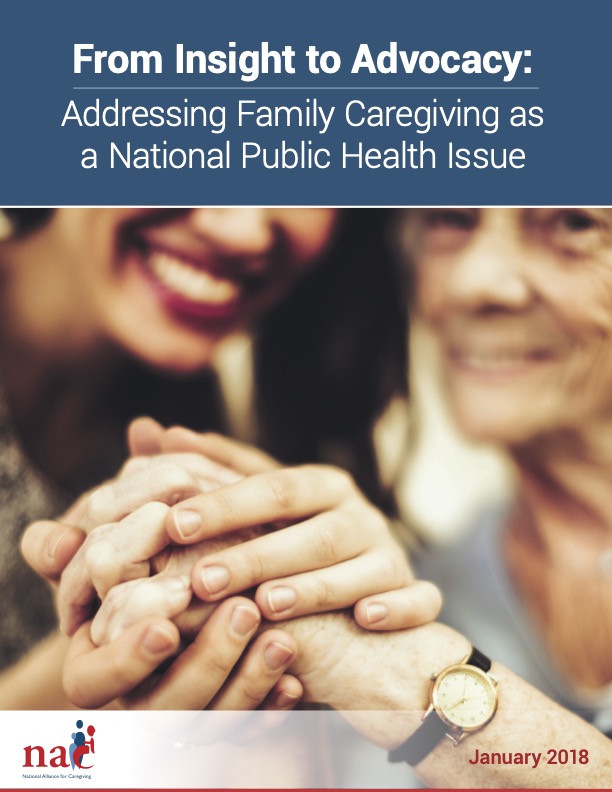Public Health
Reports
Chronic Disease Family Caregiving Through a Public Health Lens
The report was developed with support from The John A. Hartford Foundation and in partnership with the National Association of Chronic Disease Directors (NACDD). This framework is based on recognizing two main root level issues: that family caregiver health and wellness is an issue that must be addressed and that care coordination efforts are of particular concern as the complexity of care is increasing.
This framework began development in 2020 with NACDD in order to develop an action plan for expanding the family caregiver support infrastructure within the public health sector and is aligned with actions already defined and outlined in the public health sector, such as the Centers for Disease Control and Prevention’s (CDC) Healthy Brain Initiative and Building Our Largest Dementia (BOLD) Infrastructure for Alzheimer’s Act, as well as Trust for America’s Health’s (TFAH) Age Friendly Public Health Systems (AFPHS) Initiative.
From Insight to Advocacy: Addressing Family Caregiving as a National Public Health Issue
This report identifies actions that can be taken to understand and address the impact of family caregiving on the public’s health. Current research indicates that unpaid family caregiving impacts not just individuals, but family units, communities, states, and the nation. From Insight to Advocacy: Addressing Family Caregiving as a National Public Health Issue describes family caregiving and the major caregiving issues affecting public health, including actions that can be taken specifically by state and local coalitions, health systems, and policymakers. The report also cites common data sources, identifies barriers to providing care within the aging network, and offers strategies on what caregiving advocates can do to get engaged.
This white paper was made possible by grant funding from Genentech. It was made possible through the contributions and direction of subject-matter experts in caregiving and public health, including representatives from Johns Hopkins Bloomberg School of Public Health, Appalachian State University, the Centers for Disease Control and Prevention, and the University of Pittsburgh.


